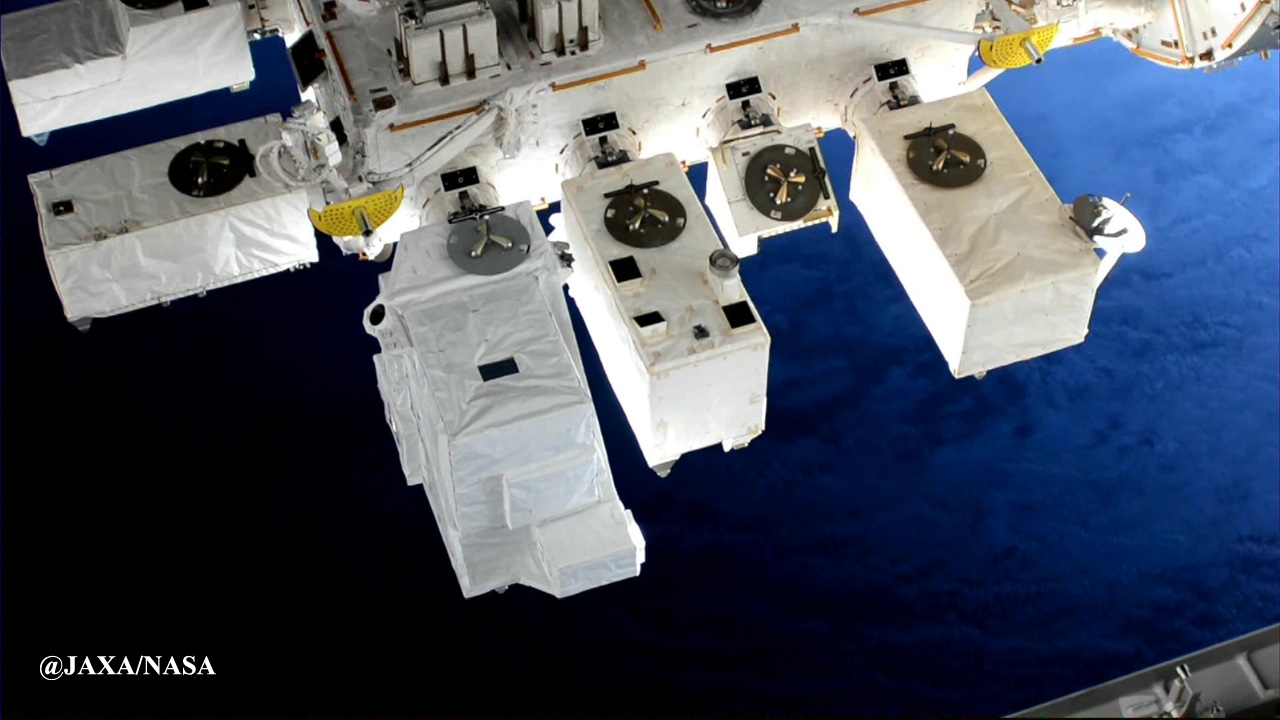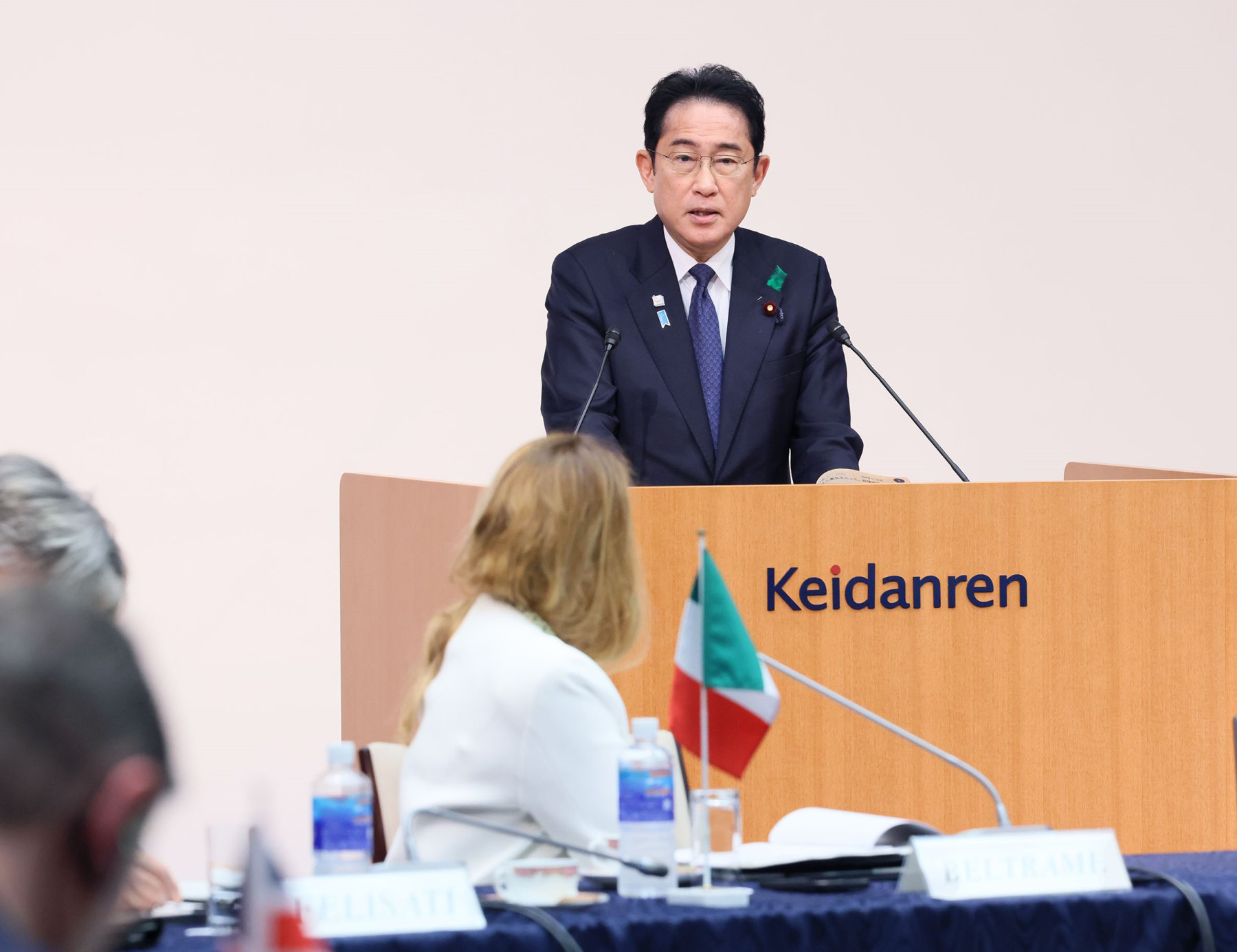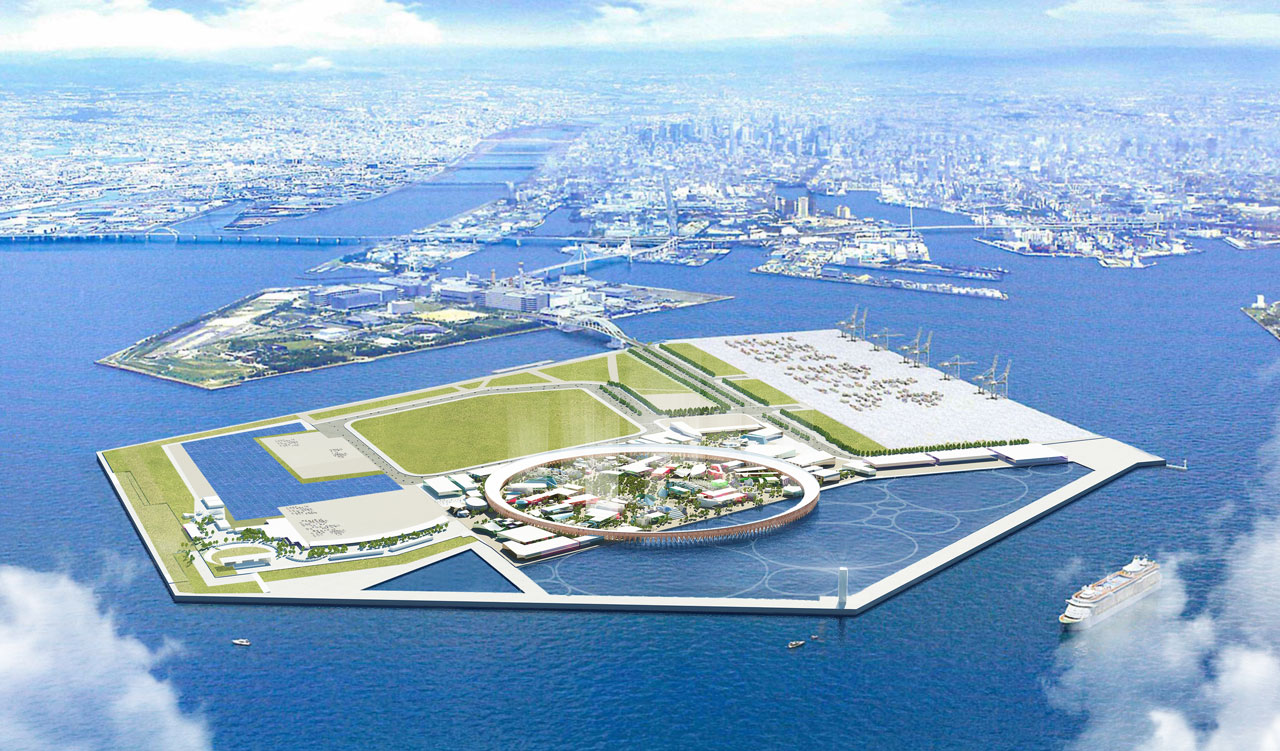More

- Where our mission meets our passion -
December 14, 2023
Toward a New International Economic Order
- G7 Aims at Enhancing Cooperation with Global South

The G7 Trade Ministers’ Meeting held its first outreach session joined by representatives of Australia, Chile, India, Indonesia and Kenya as well as international organizations and private companies, who engaged in a lively exchange of views. (Photo provided by the Ministry of Economy, Trade and Industry [METI])
Developed countries and emerging economies have for decades prospered together by strengthening economic ties in the post-Cold War era of rapid globalization. However, with the
increasing risk of fragmentation of the global economy due to Russia’s aggression against Ukraine and increased geopolitical competition between the United States and China, there is no
denying that a precarious distance has developed between the two sides.
The G7 Trade Ministers’ Meeting in Osaka-Sakai was held on Oct. 28-29 against this backdrop.
At the meeting, a discussion was held toward enhancing cooperation with the emerging and developing countries known as the “Global South,” upholding the principles of free trade in the
context of the growing importance of economic security efforts to deal with geopolitical risks. After the series of G7 meetings chaired by Japan, what new modes of cooperation with
emerging economies have emerged? What is the new international economic order that the G7 is aiming for?
Heightening Geopolitical Risks, the Pain of “Division”
With the disarray in the global supply chains brought about by the COVID pandemic and Russia’s aggression against Ukraine, the international economic order founded on free trade has been
violently shaken by geopolitical risks. The emerging and developing countries which are often referred to as the Global South have been hit particularly hard by spiraling prices for
resources and food due to instability in the supply of natural gas, grain, and other commodities. Many are certainly resentful of the developed countries to some extent. Indian Finance
Minister Nirmala Sitharaman voiced the economic concern that “rising fuel prices and fragmentation of global supply chains remain major concerns” at the G20 Finance Ministers and Central
Bank Governors Meeting in October. Emerging economies have often kept their distance from global geopolitical divisions.
In this situation, what efforts should developed countries undertake to enhance economic cooperation with the Global South? This has been one of the major themes throughout Japan’s
year-long presidency of the G7. This is the reason an “outreach session” inviting representatives of the governments of emerging economies was held for the first time at a G7 Trade
Ministers’ Meeting.
Participants in this outreach session included representatives of Australia, Chile, India, Indonesia, and Kenya; representatives of WTO, OECD, ERIA; representatives of business
organizations; and executives of resources companies, automakers, heavy machinery manufacturers and other private companies. As can be seen from the lineup of participants, the focus of
the discussion was building new supply chains connecting the G7 and the Global South.
“Trust” is the Keyword
The goal is “resilient and reliable supply chains.” At the outreach session, not only the G7, but also the emerging economies reportedly stressed the importance of “trust.” This shows
that in a situation where certain countries are seen to weaponize export restrictions on strategic commodities and other means to apply political and diplomatic pressure, there is an
awareness that reliable partners providing a stable and sustained supply of resources and goods are important.
The G7 governments, aiming at building resilient and reliable supply chains, are moving toward expanding their economies’ investments in the Global South. In an interview with the Nikkei
newspaper ahead of the G7 Trade Ministers’ Meeting, METI Minister Yasutoshi Nishimura revealed that he would request some 140 billion yen in the fiscal 2023 supplementary budget for
support for investment in the Global South. This is in light of his view that “we will strengthen collaboration with the Global South through support and investments that lead to
solutions to societal challenges facing emerging markets, such as decarbonization and digitalization.”
The U.S. has also kicked off its Partnership for Global Infrastructure and Investment (PGII) to support infrastructure-building in emerging countries at the G7 Summit last year. Japan’s
move is in sync with this. Not only METI, but other ministries are also planning to cooperate in obtaining budget allocations for means to support private sector investment. However,
what is important here is not the amount of funding.

Collaboration between emerging and developed countries will lead to co-creation of new industries for the future. The photo shows Fujifilm’s AI-enabled health screening center project in India. (Photo provided by Fujifilm)
It is important to “co-create future industries with the Global South,” according to an official of the METI Trade Policy Bureau, centered on GX (green transformation) and DX (digital
transformation) by engaging with the issues faced by these countries while also helping to develop their strategic resources such as rare earths and lithium. Private investment may
expand further depending on their potential. The ultimate goal of such investment is to achieve inclusive growth globally.
In this regard, “transparency” is another keyword.
Emerging nations have also pointed out its importance. There was a discussion on the importance of intergovernmental sharing of information and knowledge on supply chain issues and
building relationships of trust with other nations in order to enhance transparency in the entire supply chain. The concept of transparency also plays an important role in infrastructure
construction in terms of preventing excessive debt, termed the “debt trap,” and project failure.

From “Recent Developments in External Economic Policy: Japan’s Role in Rebuilding the International Economic Order” [in Japanese] authored by METI’s Trade Policy Bureau and Trade and Economic Cooperation Bureau in June 2023 [partly amended].
Private companies also voiced their views at the outreach session. Many asked that the government present its mid-and-long-term vision, plan, and goals for the global supply chain. These include the specific global carbon neutrality goals, what important resources will be needed to achieve these goals, and how the governments will support the private sector even as it plays the leading role in this process. Such information is certainly essential for forming an overall picture of the desirable supply chain to pursue. There was also a discussion on private companies attaching importance to the Global South for the diversification of their supply chains and business portfolios in their future business endeavors. They are contributing to sustainable and inclusive growth in these countries through technological development, investment, and human resources development.
Consensus on Need for WTO Reform to Reinvigorate the Multilateral Trading System
Cooperation with the Global South was not the only topic discussed at the G7 Trade Ministers’ Meeting this year. Reinvigorating the multilateral system of free trade, while enhancing economic resilience and economic security, taking into account geopolitical risks, is also a major concern of the G7. This meeting took up WTO reform, and particularly emphasized the need to deepen discussions with the view of having a fully and well-functioning dispute settlement system accessible to all members by 2024. The ministers also called for the need to ensure a “level playing field” and fair competition by discouraging protectionism and market distorting practices, such as pervasive, opaque and trade-distortive industrial subsidies, which are viewed as a problem that may have a harmful effect on industrial development in emerging and developing countries, through effective use of various means, tools, and stronger international rules and norms. Japan, as the G7 chair, also reached agreement on the need for WTO reform at individual meetings with representatives of the U.S. and other G7 members.

METI Minister Nishimura holds a discussion with Indian Minister of Commerce and Industry Piyush Goyal on deepening bilateral economic ties through the Japan-India industrial co-creation initiative and others.
A new cooperative relationship between the G7 and the Global South is also the first step in building a new international economic order that ensures both free trade and economic
security. This was the key message delivered by Minister Nishimura, who co-chaired the Trade Ministers’ Meeting, in his opening address and press conference concluding the meeting, where
he said: “We don’t intend to build new walls to keep others out or form blocs of countries in the name of economic security, but rather aim to further enhance trade and investment with
trusted partners.”
“Supply chains cannot be completed by the G7 alone. The nations referred to as the Global South will account for a majority of the world’s population in the future. Many of them have
abundant young workforces and their economies are growing rapidly, thus greatly enhancing their presence in the world economy. Some of them are also rich in resources. The Global South
nations will play a very important role in our efforts to maintain economic security and build resilient supply chains from now on. It is significant that we have been able to agree with
them on promoting the resilience of the supply chains and share our thinking on this process,” he continued.
“The G7, which has so far played a leading role in maintaining and developing a free and fair trade order, will continue to work for the development of the world economy and global peace
and prosperity while cooperating fully with the Global South.”
(The article is as of December 12, 2023.)





